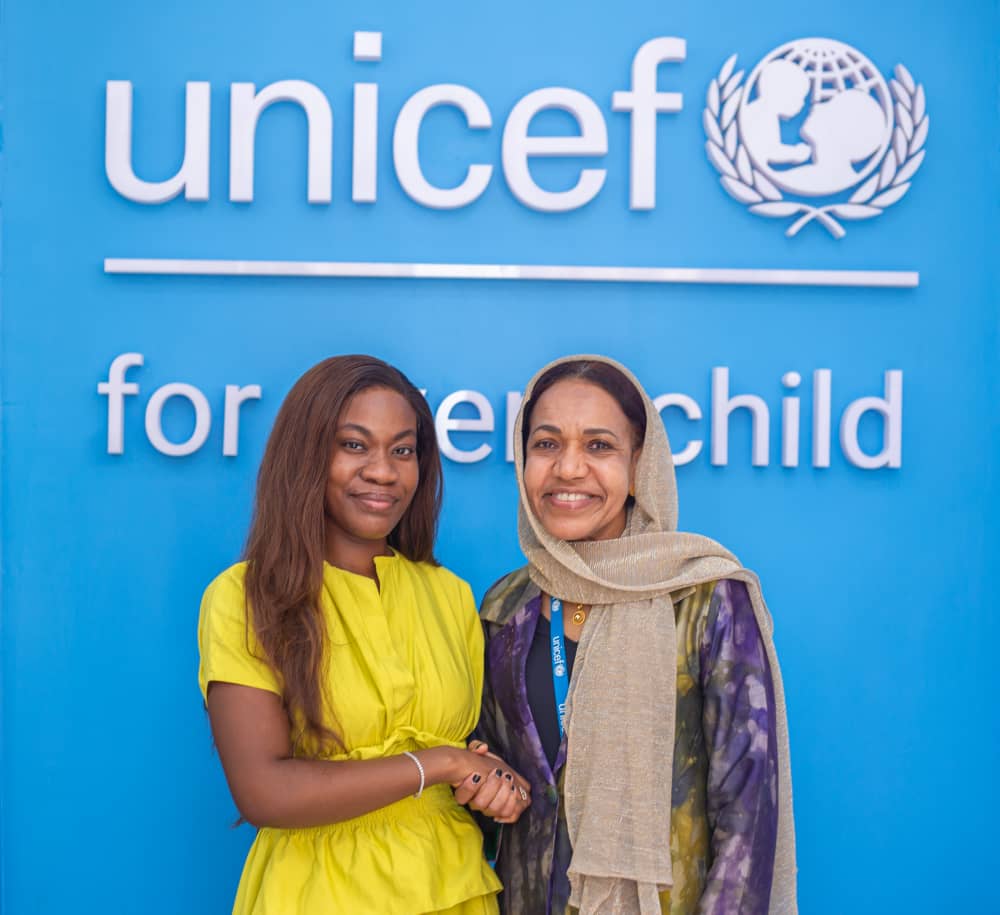“We stand together to celebrate Africa’s progress toward a continent free of polio and to renew our collective commitment to protecting every child,” declared Dr. Mohamed Janabi, WHO Regional Director for Africa, in his 2025 World Polio Day message.
Under this year’s theme, End Polio: Every Child, Every Vaccine, Everywhere, Dr. Janabi highlighted that Africa is nearing the finish line in eradicating a disease once feared across the continent. However, he cautioned that the final phase requires unwavering dedication, sufficient funding, and stronger health systems.
Between January and October 2025, 15 African countries vaccinated nearly 200 million children through supplementary immunization campaigns, while 13 nations conducted synchronized drives despite facing insecurity and logistical hurdles.
In the Horn of Africa, Djibouti, Ethiopia, Kenya, and Somalia jointly immunized over 18 million children in just two rounds, a milestone Dr. Janabi hailed as proof of the power of regional cooperation. Similarly, across the Lake Chad Basin and the Sahel, Ministers of Health launched a coordinated effort in April to protect 83 million children in high-risk and border communities.
Dr. Janabi reported that the number of type 2 poliovirus outbreaks declined from 24 countries in 2024 to 14 in 2025—a 54% decrease in virus detection. Only two countries reported type 1 cases, while 14 recorded type 2 and three detected type 3 strains during the same period.
“Madagascar’s declaration of the end of its circulating variant poliovirus type 1 outbreak in May demonstrates that Africa can defeat this virus wherever it appears,” he added.
Progress has been driven by enhanced surveillance, upgraded regional laboratories, and the adoption of digital innovations. By mid-2025, 11 WHO-supported labs had expanded genomic sequencing capacity, 6 began piloting advanced techniques, Uganda’s Sanger facility earned WHO accreditation, and 98% of African countries were monitoring wastewater for polioviruses.
Over 850,000 frontline health workers now receive payments via mobile money platforms, with 95% of payments made within 10 days, thereby boosting transparency and efficiency in remote areas. Meanwhile, geospatial mapping tools from WHO’s African GIS Centre are helping teams locate and vaccinate children in previously unreached nomadic and border communities.
Despite major gains, Dr. Janabi warned that declining routine immunization coverage, insecurity, and vaccine hesitancy still threaten progress.
“To truly end polio, countries must sustain cross-border coordination, reach zero-dose children, expand surveillance, and maintain high-quality outbreak responses,” he emphasized.
Ending polio, he concluded, is not only about halting transmission but also about building resilient health systems that safeguard future generations.
“As we commemorate World Polio Day 2025, let us reaffirm our resolve to reach every child, with every vaccine, everywhere—and consign polio to history forever,” Dr. Janabi urged.








